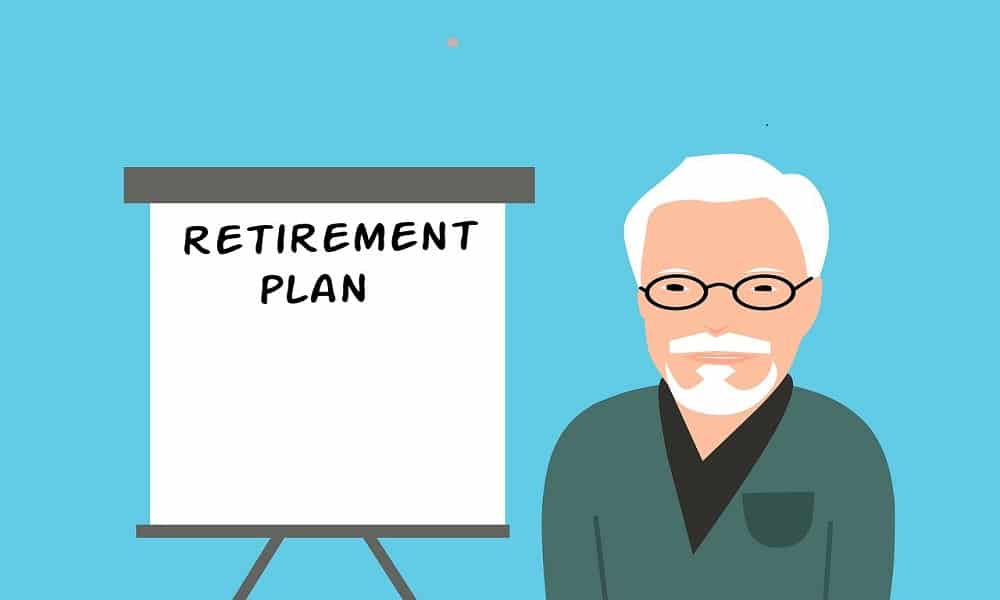Retirement planning is not one-size-fits-all, and it’s especially not uniform across the United States. Houston residents face a very specific set of financial realities tied to cost of living, employment industries, family structure, generational wealth patterns, and the often unpredictable income cycles many Texans experience throughout their careers. Retirement planning here carries different expectations, different risks, and different opportunities.
You can’t just copy a general national retirement plan template and assume it fits a Houston household. Texans tend to think more independently about money and they value long-term autonomy, asset control, and flexible income more than strict rule-following investment models. So retirement strategy becomes much more personalized, more intentional, and more rooted in local context, so here’s what Texans should consider.
Local Guidance Matters When it Comes to Retirement Planning in Houston
Financial decisions are shaped by geography more than most people realize. Income makeup, housing trends, career paths, and economic volatility look different from city to city. When someone begins thinking through retirement planning in Houston, working with someone who understands local economics, local investment culture, and the regional factors that influence long-term capital is incredibly valuable. Financial firms help Houston residents build retirement strategies with more appropriate assumptions, realistic projections, and alignment with what retirement actually looks like in this region, instead of a stock photo version of retirement that doesn’t match how Texans live.
This localized approach matters even more if income has fluctuated over a lifetime, if wealth is tied to privately owned businesses, if energy sector exposure is part of the portfolio, or if family financial support is part of long-term planning. Houston isn’t generic America. You want retirement guidance that reflects that.
Entrepreneurs and High Self-Direction Earners Need Retirement Plans That Don’t Break After Age 65
One of the most overlooked parts of getting ready for retirement is how income will continue to flow when work becomes optional or impractical. Entrepreneurs especially have a wide set of creative options for income after traditional retirement age. Texans tend to be entrepreneurial, independent, problem-solving thinkers who don’t necessarily stop working completely at 65, they just shift to lower intensity, higher autonomy work models. For those individuals, retirement planning should include a runway to continue consulting, light collaboration, writing, mentoring, or investing. It isn’t only about saving as much as possible and then turning everything off.
Tax Strategy is as Important as Investment Strategy
Many retirement discussions are too focused on the wrong things. Texas doesn’t have a state income tax, which is helpful, but federal tax responsibility, withdrawal sequencing, RMD strategy, Social Security interactions, and capital gains still significantly impact retirement outcomes. Pre-tax accounts vs. Roth accounts vs. brokerage accounts all have different consequences in the retirement stage.
Tax planning shouldn’t start at retirement. Tax planning should be part of the whole working career, because retirement is where those past decisions cash out. Houstonians often benefit from building layered tax diversification so they have the ability to manage taxes year-by-year based on what’s going on economically and personally.
Retirement is Not a Dollar Target, It’s a Lifestyle Target
A lot of retirement calculators oversimplify what people really want. Most Texans care more about living their lives without stress. Retirement is not just about having enough capital saved. It’s about purpose, freedom of schedule, health maintenance, the ability to travel, the ability to support family, and the emotional ease of not being financially squeezed. That requires good forecasting, honest lifestyle expectation modeling, and defining what you actually want retirement to feel like.
Retirement projections become much more useful when they’re based on real lifestyle expectations instead of one-size-fits-all assumptions pulled from a national average model that doesn’t reflect how Texans live.
Health and Long-Term Care Planning Can’t Be Ignored
Medical expenses are a huge threat to retirement stability. Aging well isn’t just about the financial side, it’s about planning for the unexpected. Medicare doesn’t cover everything and long-term care costs can hit families hard if they’re not planned for proactively.
Long-term care insurance, hybrid policies, structured reserve funds, and planning around different care paths should be part of retirement design, especially for couples or individuals who do not want to put a significant financial burden on children later. Texans tend to be supportive of family cultures, but support should be chosen, not forced by lack of planning.


